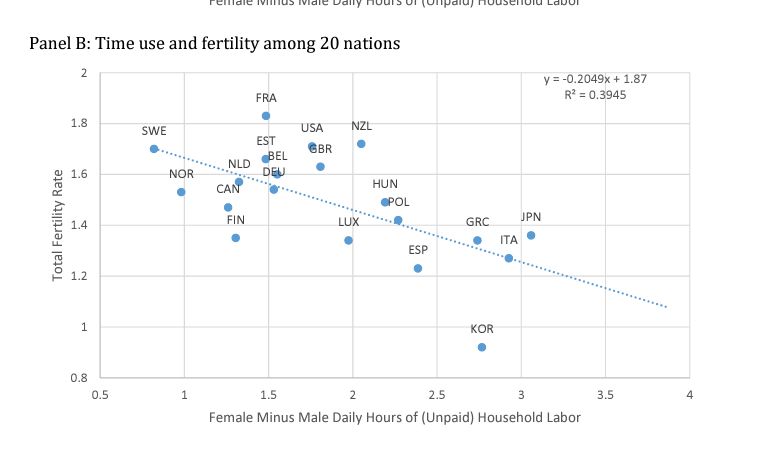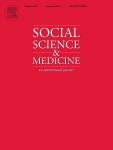www.journals.uchicago.edu/doi/abs/10.1...

www.journals.uchicago.edu/doi/abs/10.1...
"I want to push sociology as a field into working directly with communities to co-create a more equitable, more just world."
journals.sagepub.com/doi/10.1177/...
"I want to push sociology as a field into working directly with communities to co-create a more equitable, more just world."
journals.sagepub.com/doi/10.1177/...
That's not to mention the countless lives that biomedical research has saved.
Show me a better investment than that.
www.forbes.com/sites/michae...

talkingpointsmemo.com/edblog/cdc-s...

talkingpointsmemo.com/edblog/cdc-s...

journals.sagepub.com/doi/full/10....

journals.sagepub.com/doi/full/10....
"This research shows how state policies tied to immigration can affect immigrant families’ health and well-being, even when those policies have nothing to do with health."
theconversation.com/providing-dr...

"This research shows how state policies tied to immigration can affect immigrant families’ health and well-being, even when those policies have nothing to do with health."
theconversation.com/providing-dr...
Countries where economic progress outstrips social progress (in particular, gender equality in household division of labour) see the most rapid falls in fertility..
www.nber.org/papers/w33311

We discussed how hard it is to parent in the US, and why. We also discovered our shared dream of a co-parenting commune.
www.nytimes.com/2024/03/22/o...

We discussed how hard it is to parent in the US, and why. We also discovered our shared dream of a co-parenting commune.
www.nytimes.com/2024/03/22/o...
doi.org/10.1177/0003...
doi.org/10.1177/0003...
www.npr.org/2024/12/12/n...

www.npr.org/2024/12/12/n...
Nice work @tvanheuvelen.bsky.social
www.sciencedirect.com/science/arti...

Nice work @tvanheuvelen.bsky.social
www.sciencedirect.com/science/arti...


